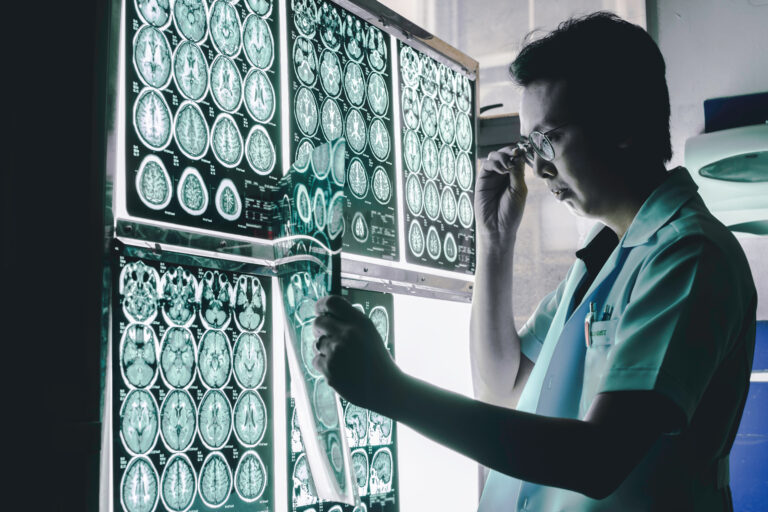CT scans, or computed tomography scans, are medical imaging procedures that use X-rays to create detailed pictures of the inside of the body, including the brain. When it comes to dementia patients, the experience of undergoing a CT scan can be challenging, particularly because of the environment and sensations involved.
CT scans themselves are not typically noisy in the way that an MRI machine is. Unlike MRI scanners, which produce loud knocking or banging sounds during the imaging process, CT scanners are relatively quiet. The main sounds you might hear during a CT scan are the whirring or buzzing of the machine as it rotates around the patient, but these sounds are generally low-level and less intrusive. However, the noise level can vary depending on the specific machine and the scanning protocol used.
Despite being less noisy, CT scans can still be stressful for dementia patients for several reasons. Dementia often affects a person’s ability to understand and process new or unfamiliar situations. The environment of a CT scan — a clinical, sterile room with unfamiliar equipment and staff — can be confusing and intimidating. The patient is usually required to lie still on a narrow table that moves through the scanner, which can cause discomfort or anxiety. For someone with dementia, this unfamiliarity and the need to remain still can lead to agitation, fear, or distress.
Additionally, the process may involve instructions that the patient might find difficult to comprehend or follow, such as holding their breath or staying perfectly still for a short period. This can increase frustration or confusion. The presence of caregivers or medical staff who are calm, patient, and reassuring can help reduce stress, but the overall experience may still be unsettling.
The stress experienced by dementia patients during CT scans is not just about noise or physical discomfort but also about cognitive and emotional factors. Dementia can impair memory, communication, and emotional regulation, making it harder for patients to cope with the unfamiliar setting and procedure. Agitation, restlessness, or withdrawal are common behavioral responses to stress in dementia, and these can be triggered by medical procedures like CT scans.
To minimize stress, healthcare providers often take special measures when scanning dementia patients. These can include:
– Explaining the procedure in simple, clear language or using visual aids before the scan.
– Allowing a trusted caregiver to be present during the scan for reassurance.
– Creating a calm, quiet environment with minimal distractions.
– Using gentle, slow movements of the scanning table to avoid startling the patient.
– Scheduling scans at times when the patient is typically more calm or rested.
While CT scans are generally less noisy than other imaging modalities, the overall experience can still be stressful for dementia patients due to cognitive and emotional challenges. The key to reducing stress lies in understanding the patient’s needs, providing clear communication, and creating a supportive environment during the procedure.





